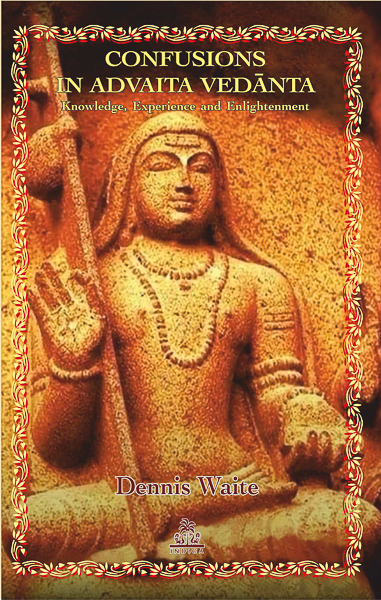Any Advaitin worth their salt knows that the dichotomy of subject-object is not transcended by the unsupported mind, which in itself is inert.
Empirical experience seems to be undeniable, and with it that polarity, but one knows from Shankara – and only from Shankara – that it is based on ignorance, that is, failing to distinguish between the Self and the intellect or mind, which leads to the superimposition of either one on the other. Thus, the non-dual and undifferentiated Self – alone real – appears to be an agent and a knower, whereas, in reality, It is a ‘witness’ (a witness that is none other than pure Consciousness); and It is so by Its mere presence, not actively. The dichotomy referred to above does not exist – in reality
Continue reading
